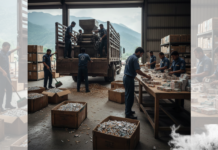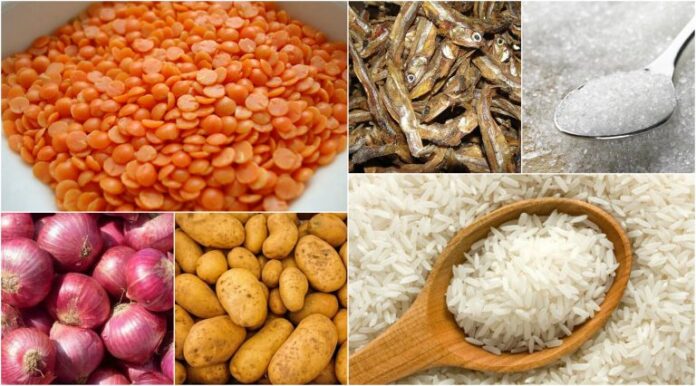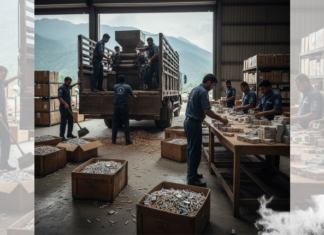PESHAWAR: Residents of Khyber Pakhtunkhwa (KP) are voicing their frustration with the local district administration’s inability in controlling food prices that have failed to reduce even after Ramadan and Eid-ul-Fitr have ended. As traders are pricing goods at their discretion, citizens have no choice but to continue paying inflated prices for essential commodities, such as chicken, meat, vegetables, and fruits.
Reports say that a committee with the task of determining chicken rates was formed, however, it has failed to convene its meetings for months, which has left chicken sellers to their own volition to set desired prices. This has resulted in the price of live chicken skyrocketing to Rs425 per kilogram, up from Rs. 395 per kilogram the previous day.
Moreover, vegetable prices are also experiencing high volatility, making it challenging for consumers to plan and budget purchases. Lack of proper check and balance by the district administration and the resulting high rates have made fruits to be increasingly inaccessible to citizens, as well.
Despite the mounting prices of basic commodities, district administration officials have failed to take any action or leave their offices to assess the situation. This lack of oversight has left local residents at the mercy of the profiteering mafia.
Amidst this uncontrolled food inflation, while KP residents continue to struggle with high food prices, many are calling on the district administration to take immediate action to regulate these prices and protect the interests of citizens.
























In the last few years, many NGOs, Cash and Carries, and institutes donate food boxes to needy people. These boxes are commonly known as Rashan packages. In Pakistan, there are numerous foundations which are offering online services. You can choose the package you want to donate, call or book online, or transfer money, and the rashan package or hamper will be delivered to your doorstep.